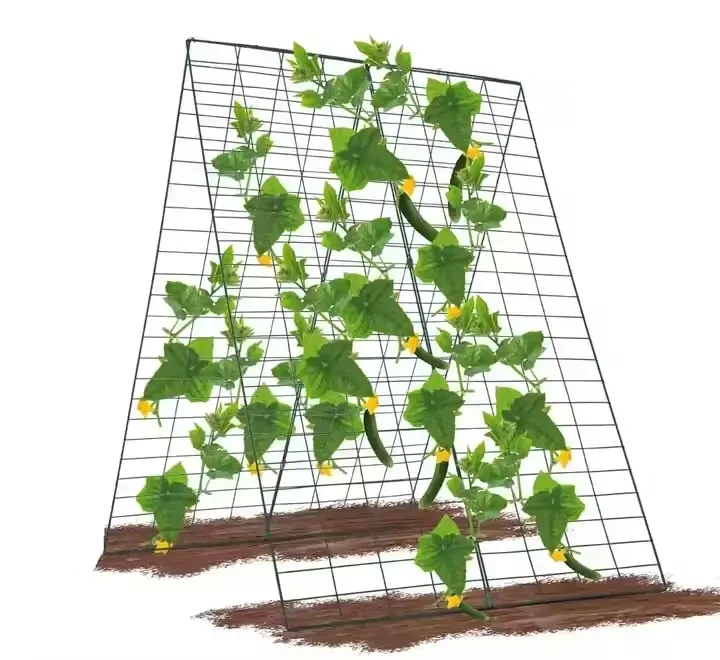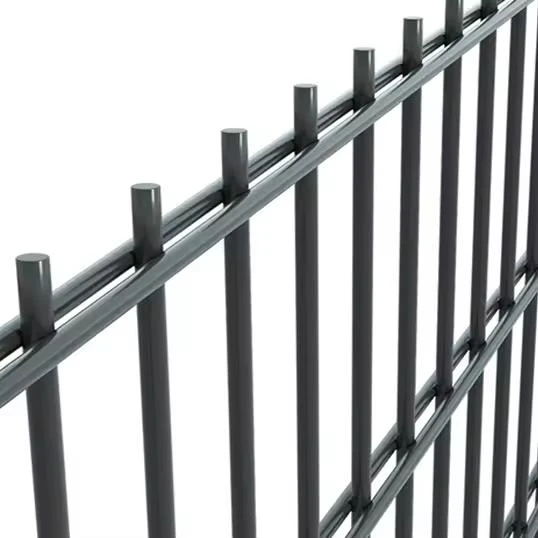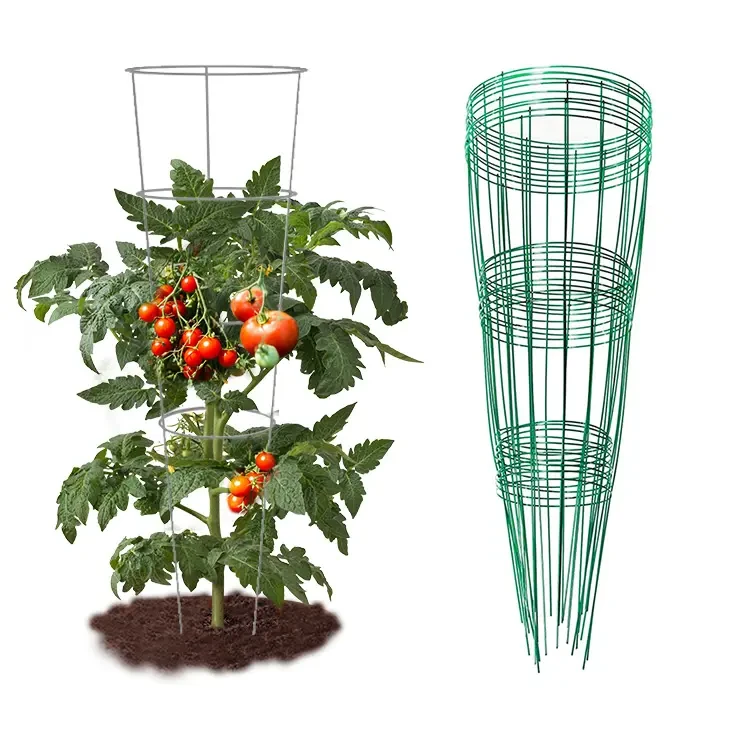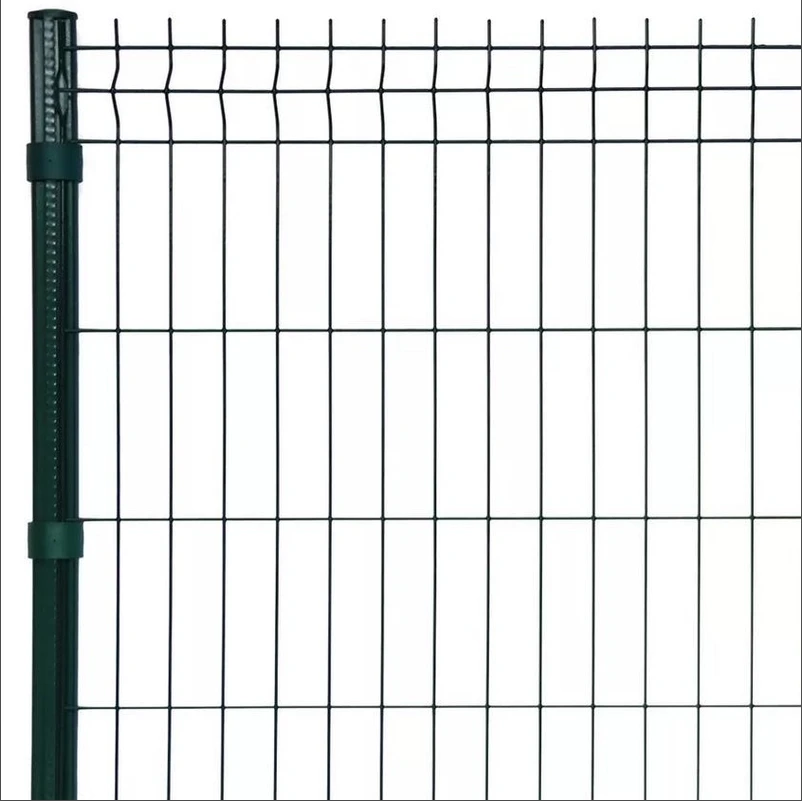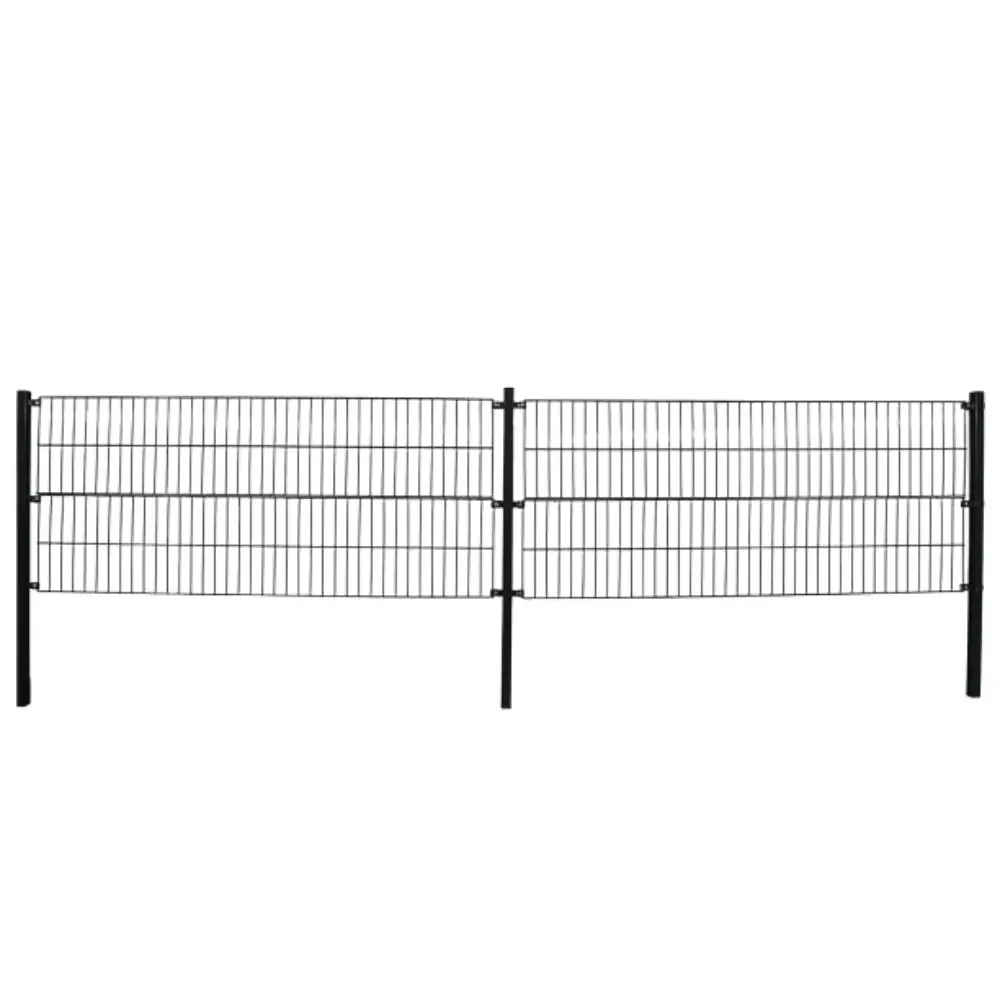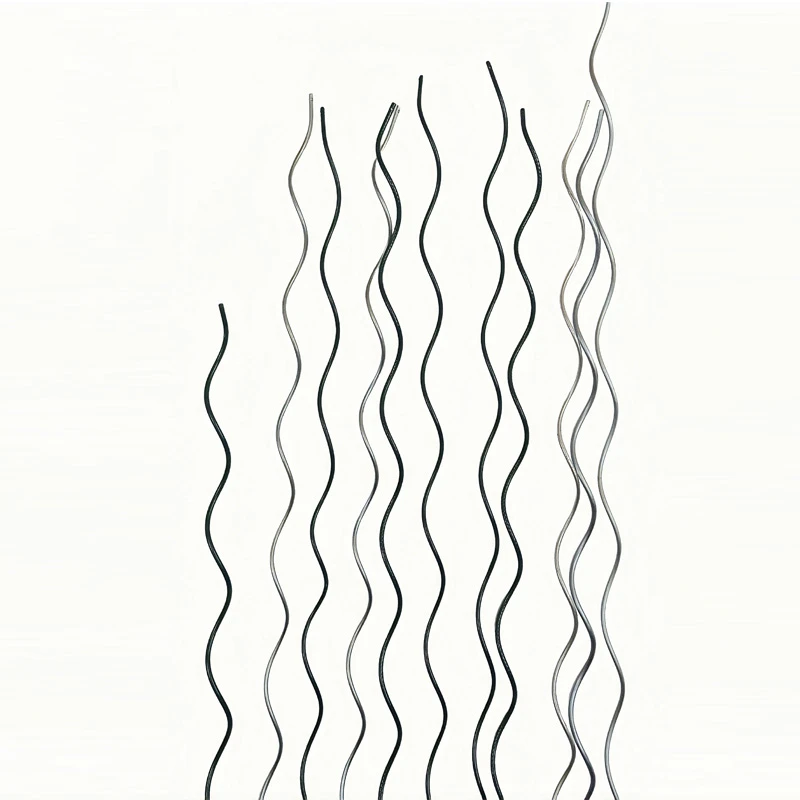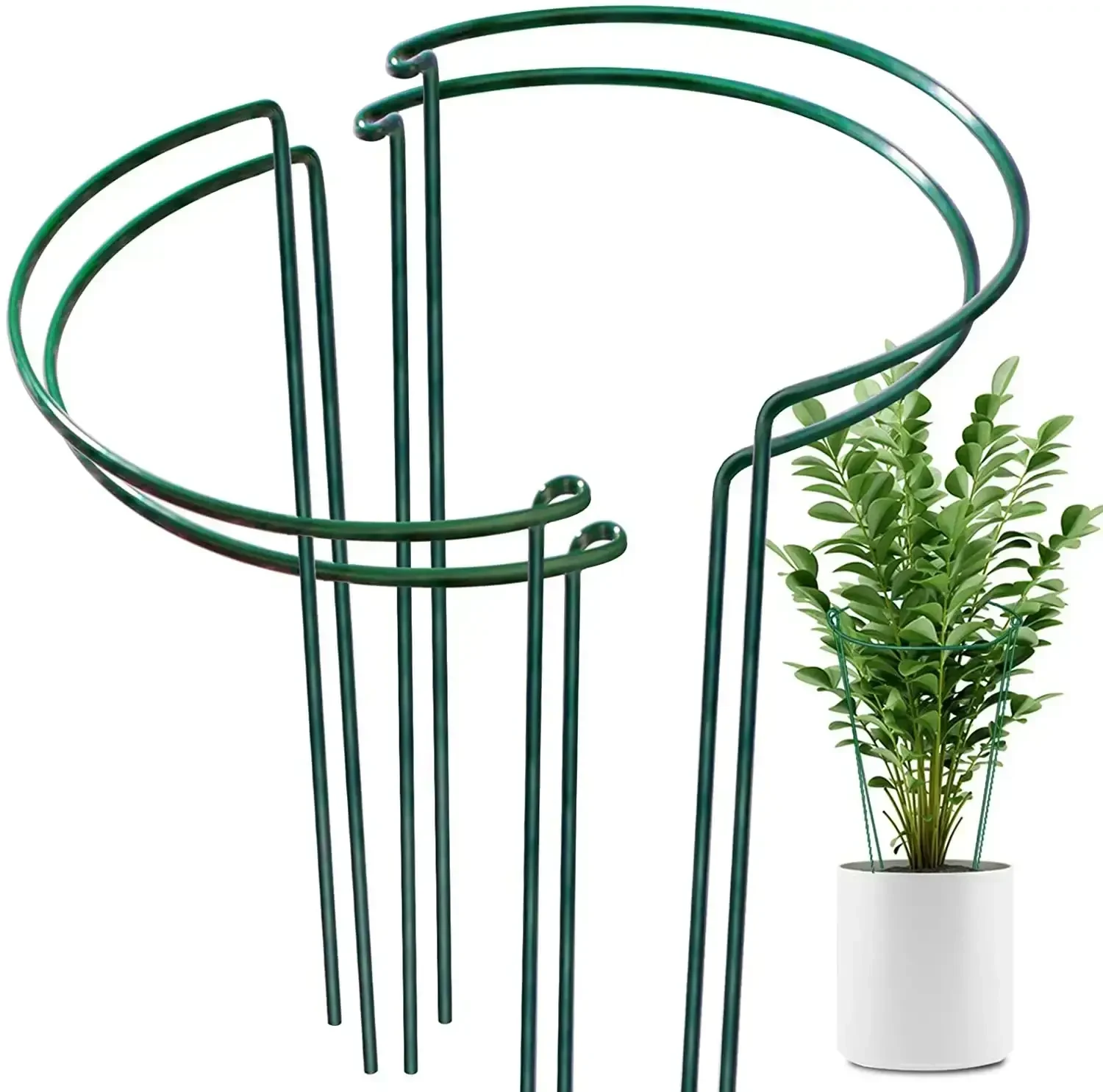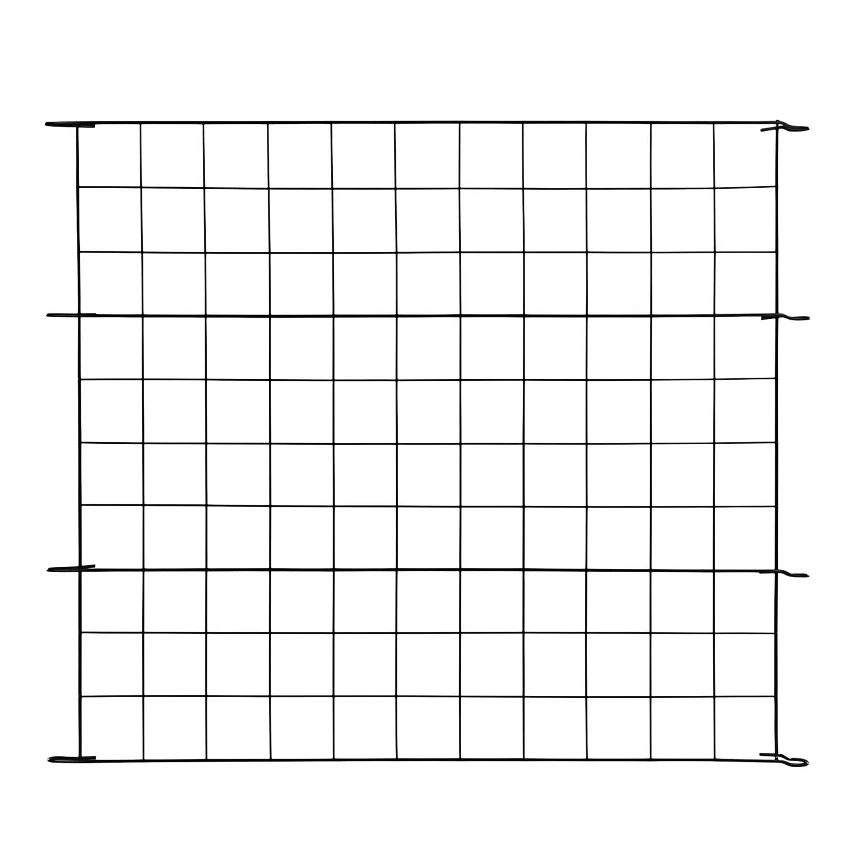-

-
 Whatsapp:+86 17732187393
Whatsapp:+86 17732187393 -


- Afrikaans
- Albanian
- Amharic
- Arabic
- Armenian
- Azerbaijani
- Basque
- Belarusian
- Bengali
- Bosnian
- Bulgarian
- Catalan
- Cebuano
- Corsican
- Croatian
- Czech
- Danish
- Dutch
- English
- Esperanto
- Estonian
- Finnish
- French
- Frisian
- Galician
- Georgian
- German
- Greek
- Gujarati
- haitian_creole
- hausa
- hawaiian
- Hebrew
- Hindi
- Miao
- Hungarian
- Icelandic
- igbo
- Indonesian
- irish
- Italian
- Japanese
- Javanese
- Kannada
- kazakh
- Khmer
- Rwandese
- Korean
- Kurdish
- Kyrgyz
- Lao
- Latin
- Latvian
- Lithuanian
- Luxembourgish
- Macedonian
- Malgashi
- Malay
- Malayalam
- Maltese
- Maori
- Marathi
- Mongolian
- Myanmar
- Nepali
- Norwegian
- Norwegian
- Occitan
- Pashto
- Persian
- Polish
- Portuguese
- Punjabi
- Romanian
- Russian
- Samoan
- scottish-gaelic
- Serbian
- Sesotho
- Shona
- Sindhi
- Sinhala
- Slovak
- Slovenian
- Somali
- Spanish
- Sundanese
- Swahili
- Swedish
- Tagalog
- Tajik
- Tamil
- Tatar
- Telugu
- Thai
- Turkish
- Turkmen
- Ukrainian
- Urdu
- Uighur
- Uzbek
- Vietnamese
- Welsh
- Bantu
- Yiddish
- Yoruba
- Zulu
Plant Supports: Enhancing Growth and Stability
Plant supports are essential gardening tools that help keep plants upright, guide their growth, and prevent them from becoming damaged. Whether you're looking for cheap plant supports, want to buy plant supports online, or simply want to know more about the types of plant supports, this guide will walk you through the different options available and how to choose the right one for your plants.
What Are Plant Supports?
Plant supports are structures or materials that help guide, protect, and stabilize plants as they grow. They are especially useful for tall or vining plants that need extra support to prevent them from falling over or becoming tangled. Plant supports come in various materials, shapes, and sizes, catering to different types of plants, from flowers and shrubs to vegetables and climbing vines.
Types of Plant Supports
Trellises
- Design:Trellises are vertical frameworks that allow climbing plants such as vines, tomatoes, and peas to grow upwards. They can be made from wood, metal, or plastic and come in various sizes and designs, from simple grids to more elaborate artistic structures.
- Use:Ideal for climbing plants or plants that need to be kept off the ground. A trellis encourages upward growth and improves air circulation around the plant.
- Benefits:Trellises save space, make harvesting easier, and reduce the risk of pests and disease by keeping plants off the ground.
Cages
- Design:Plant cages are circular or cylindrical supports, usually made from wire or metal, designed to wrap around plants. Tomato cages are a common example of this type of support.
- Use:Cages are excellent for supporting bushy plants, especially tomatoes, peppers, and other vegetables with sprawling growth habits.
- Benefits:They provide stable support and prevent plants from falling over, especially under the weight of fruit or flowers.
Stakes
- Design:Stakes are individual poles or rods that are driven into the soil to provide support for plants. They are often made from wood, metal, or bamboo.
- Use:Stakes are commonly used for single-stem plants such as sunflowers, peonies, and roses. They can be used with plant ties or soft materials to secure the plant.
- Benefits:Stakes are simple, inexpensive, and versatile. They provide direct support to individual plants without taking up too much space.
Wire Supports
- Design:Wire supports are flexible metal wires or grids that can be bent and shaped to support plants. These supports are often used for taller plants or those that require more customized assistance.
- Use:Wire supports can be used for tomatoes, climbing beans, or other plants that need a flexible and adjustable support system.
- Benefits:Wire supports are adjustable and can be molded to fit the plant's growth. They are ideal for supporting plants as they grow taller or spread out.
Arbors
- Design:Arbors are large, often decorative structures that provide support for climbing plants, including roses, grapes, and climbing vines. They are usually made from wood or metal and form a canopy for plants to grow through.
- Use:Arbors are typically placed over walkways, gates, or garden paths to create a beautiful, natural archway. They can support vines and heavy flowers.
- Benefits:Besides providing plant support, arbors enhance garden aesthetics and create a relaxing space for outdoor enjoyment.
Plant Towers and Pyramids
- Design:These supports have a pyramid or tower shape, often made from metal or bamboo. They are designed to support multiple plants growing vertically.
- Use:Perfect for plants that have a vining or climbing nature, such as beans, peas, and cucumbers. They help plants grow upwards, saving space in the garden.
- Benefits:Plant towers allow for better air circulation and sunlight exposure for your plants. They also make harvesting easier as the plants grow vertically.
Horizontal Supports
- Design:Horizontal supports are horizontal bars or wires attached between two stakes or posts, providing a frame for plants to grow along.
- Use:These are often used for plants like grapevines or small trees that need to be trained to grow along a horizontal structure.
- Benefits:Horizontal supports allow plants to grow in a controlled manner and can create a uniform look in the garden.
Flexible Plant Ties
- Design:While not exactly a type of support structure, flexible plant ties are essential tools for attaching plants to stakes or trellises. These ties are often soft and adjustable, ensuring the plant is supported without causing damage.
- Use:These ties are great for securing plants to stakes, trellises, or cages.
- Benefits:Flexible ties are gentle on the plant and can be adjusted as the plant grows. They prevent the plant from falling over or becoming too crowded.
Choosing the right plant support is crucial for healthy plant growth, especially for those that need additional stability or guidance. Whether you’re interested in a decorative arbor, a sturdy trellis, or a simple stake, there is a wide range of options available for every type of plant. When looking to buy plant supports, make sure to consider the plant's size, type, and growth habits to ensure the right support system. With the proper supports, your plants will grow strong, healthy, and beautiful while adding structure and charm to your garden.
-
T Post Drivers for Sale – Heavy-Duty Steel, Fast InstallNewsNov.17,2025
-
Coconut Palm Hanging Baskets, Wall-mounted Coco Liner PotNewsNov.17,2025
-
Hot Sale L Shape Post For Garden Wire Fence | Heavy-DutyNewsNov.17,2025
-
Iron Shepherd Hook—Rust-Resistant Outdoor Garden Decor MetalNewsNov.10,2025
-
Hot Sale Customized Wood & Iron Mesh Fence Post Pyramid CapsNewsNov.10,2025
-
Outdoor Decor Metal Arched Flower Bed Edging No-Dig PanelsNewsNov.10,2025
